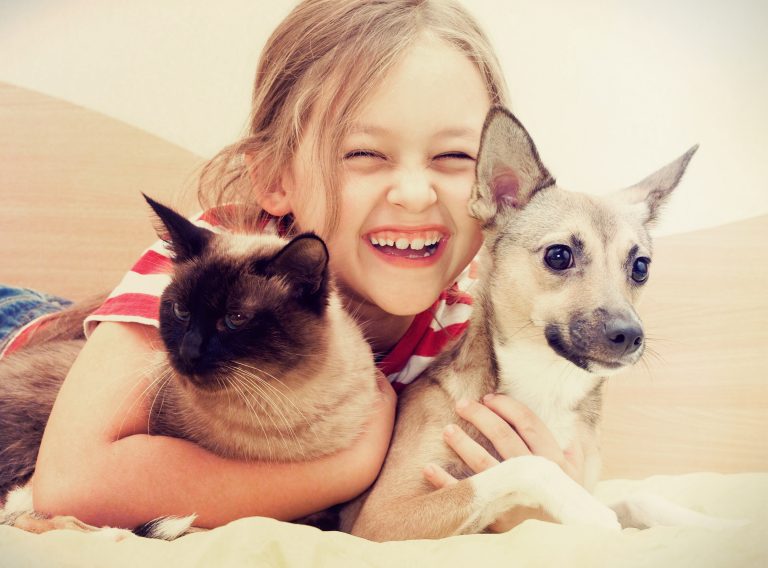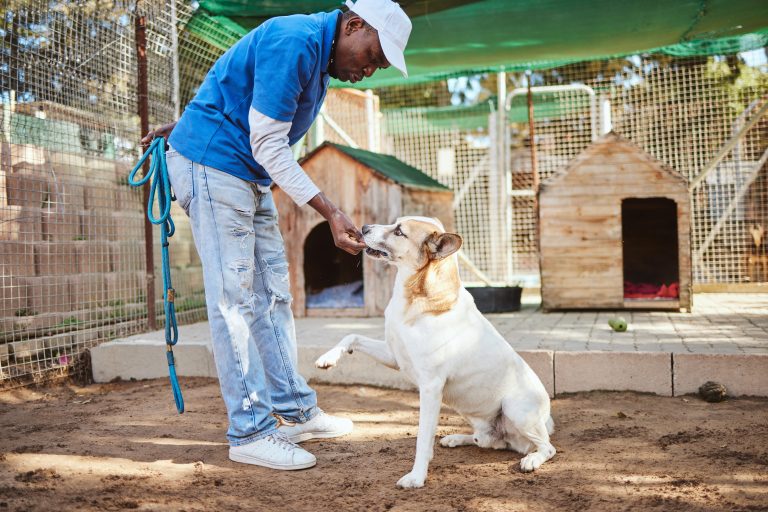
Press Release: Regional Health Systems Marks 50 Years of Behavioral Health Service in Northwest Indiana
Jan 09 2025

Ask a pet owner about their critter companion and chances are you’ll get a gushing response that will go on for several minutes. People love their pets and have a deep, emotional connection to them.
It turns out that connection has a bunch of mental health benefits, and appreciating those benefits is especially timely right now. Early spring is considered the start of “kitten season,” when cats mate and have kittens more frequently. And May is National Pet Month.

“I suspect we can’t really put our fingers on some of the benefits,” said Dr. Brian Dieckmann, Director of Access to Care at Regional Health Systems and a clinical psychologist. “But the two areas where the scientific evidence absolutely supports this idea relate to mood and stress reduction.”
Research shows that when we interact with a pet, Dieckmann said, a pleasure chemical resembling endorphins is released in our brains.
“It’s very similar to the feeling we have when we come across the love of our life,” he added. “And pets absolutely are a stress reducer. Research talks about a chemical shift in the brain, and the anecdotal evidence is just as significant.”
Dieckmann acknowledged that he’s biased about the benefits of pets. For the last eight years, his family has shared their home with a 95-pound Anatolian Shepherd.
National Institutes of Health research supports that bias, suggesting that interacting with animals decreases levels of the stress-related hormone cortisol and lowers blood pressure. Studies also have shown that animals can reduce loneliness, increase feelings of social support and boost mood, the NIH reports. The American Heart Association says that pets encourage exercise and that dog owners are less likely to develop heart disease than people without dogs.
Beyond those benefits, one study cited by the NIH showed that children who read to animals in a classroom setting showed better social skills, shared more, cooperated better, volunteered more often and had fewer behavioral problems. Another study showed that children on the autism spectrum were calmer when playing with guinea pigs. Still other research found that teens with diabetes who were caring for fish were more disciplined about checking their own blood glucose levels.
Dieckmann has seen the benefits of pets play out with his patients.
A traumatized woman who rarely left her home found the resolve to do so by bringing her dog with her in the car, which greatly expanded her social network and allowed her to “rejoin life,” Dieckmann recalled. When a highly anxious, depressed man took in a dear friend’s cat after the friend passed, caring for the pet was a reason not to follow through with suicidal thoughts and allowed the man to maintain a strong connection to his departed friend, Dieckmann said.
“He used that as a kind of hinge point, a turning point,” he said, “and we very quickly decreased the frequency of our appointments until, about three months later, they simply stopped.”
Dieckmann saw the man in public about two years after.
“I had no conversation with him,” he said. “We caught eyes from across the crowd. He waved, pointed to himself, made little cat ears on top of his head and gave me two thumbs up.”
Experts point out that anyone considering getting a pet needs to make sure they’re prepared for the responsibility of the animal’s care. Pet owners also need to be prepared for the grief that accompanies the death of a pet.
“When this comes up, it often times comes up because people are embarrassed about the strength of their reaction,” Dieckmann said. “But the grief compares to what you might have with any other relationship that ends.”
The American Veterinary Medical Association suggests acknowledging the reality of the death and moving through the pain by recalling fond memories of the pet. Experts also say sharing the grief with others helps, as does finding productive, constructive ways to process the mourning—perhaps by sharing toys, bedding and other items from your pet with other pet owners.
Dieckmann said people—especially dog owners—must prepare for “the remarkable quiet when you enter your home” after the pet passes. It’s okay to discard the animal’s bed, toys and other belongings, he said, or to donate them.

Dieckmann also suggested that owners take several months to remember their pet and wait before getting a new one to help ensure that the next pet friend is the right fit.
Meanwhile, he said, volunteering at pet shelters can be therapeutic.
“Shelters are always thirsty for volunteers,” Dieckmann said. “Even if you’re not ready to welcome a new pet friend into your home, it doesn’t hurt to go play with some pups for a while, or to take some for a walk or go clean a few kennels or scratch some ears for a couple hours on an afternoon or a weekend.”

Jan 09 2025